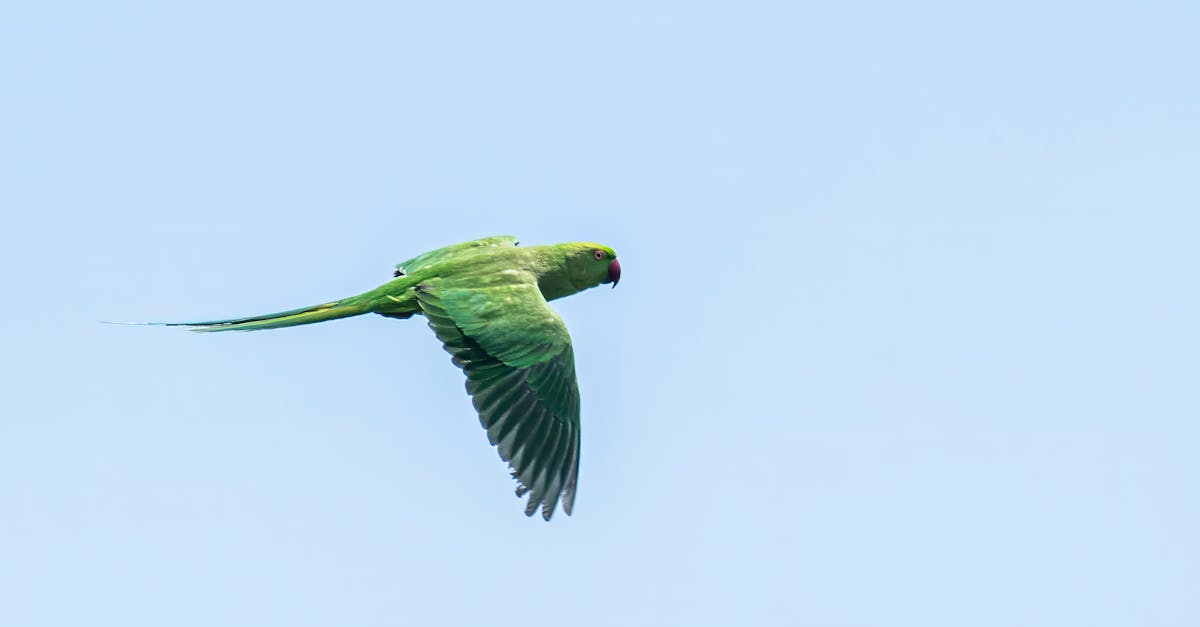Ever wonder why some people are turning to more exotic animals for companionship? Picture this: a fluffy, playful fox prancing around your living room. It’s not as far-fetched as it might seem.
The Allure of the Unconventional Pet
In recent years, there’s been a noticeable shift in pet ownership trends. While dogs and cats continue to dominate most households, an increasing number of people are exploring more unconventional pets. Interestingly enough, foxes have emerged as a popular choice among these exotic options. You might be wondering, what’s driving this trend?
The Appeal of Foxes
Foxes are undeniably captivating creatures. Their bushy tails, pointed ears, and playful demeanor make them visually appealing. But it’s not just their looks that are drawing people in. Studies show that foxes exhibit a range of behaviors that can be quite endearing and entertaining. For example, they are known for their curious and intelligent nature, traits that many pet owners find highly desirable.
Here’s a funny thing: Despite their wild origins, certain species of foxes, such as the Fennec fox, have shown a remarkable ability to adapt to domestic environments. This adaptability, combined with their unique charm, makes them an attractive option for those looking for a pet that stands out.
The Science Behind Domestication
It’s common knowledge that domestication is a complex process. But how exactly does one domesticate a fox? The reality is, it’s not as simple as taming a wild animal. Domestication involves selective breeding over generations to enhance traits that are favorable for living alongside humans.
The Russian Fox Experiment
One of the most notable studies in this field is the Russian Fox Experiment. Initiated in the 1950s by Soviet scientist Dmitry Belyaev, this experiment aimed to replicate the domestication process by selectively breeding foxes for tameness. Over several generations, the experiment produced foxes that not only tolerated human interaction but also sought it out. These foxes displayed behaviors similar to those of domesticated dogs, such as wagging their tails and licking their handlers.
If you ask me, the results of this experiment are nothing short of fascinating. They demonstrate that with careful and deliberate breeding, it’s possible to create a domesticated version of a wild animal. However, it’s worth mentioning that this process is time-consuming and requires a deep understanding of genetics and animal behavior.
The Challenges of Owning a Domesticated Fox
While the idea of having a fox as a pet might sound appealing, it’s important to consider the challenges that come with it. I’ve always thought that owning an exotic pet requires a higher level of commitment and responsibility compared to more traditional pets.
Legal and Ethical Considerations
First and foremost, potential fox owners need to be aware of the legal implications. In many regions, owning a fox is either heavily regulated or outright illegal. It’s crucial to research and understand the laws in your area before considering a fox as a pet.
From an ethical standpoint, there’s something to be said for the welfare of the animal. Foxes, even domesticated ones, have specific needs that can be difficult to meet in a typical household setting. They require ample space to roam, a diet that mimics their natural food sources, and environmental enrichment to keep them mentally stimulated.
Behavioral Challenges
Behaviorally, foxes can be quite different from dogs or cats. They have a strong prey drive, which can make them unpredictable around smaller animals. Additionally, they are known for their digging and marking behaviors, which can be destructive in a home environment.
Let’s dive into the specifics:
- Diet: Foxes require a diet that includes a variety of meats, fruits, and vegetables. Commercial pet food often doesn’t meet their nutritional needs.
- Space: Foxes are active animals that need plenty of space to explore and play. A small apartment or house might not provide the necessary environment.
- Behavior: Foxes can be skittish and may not always respond well to traditional training methods. They require patience and a deep understanding of their behavior.
The Benefits of Owning a Domesticated Fox
Despite the challenges, there’s something to be said for the unique benefits that come with owning a domesticated fox. For those who are well-prepared and informed, foxes can offer a rewarding and enriching pet ownership experience.
Unique Companionship
Foxes provide a type of companionship that is different from that of more common pets. Their playful and curious nature can be incredibly engaging, offering endless entertainment. If you’re like me and enjoy observing animal behavior, foxes can provide fascinating insights into the world of animal cognition and interaction.
Educational Opportunities
Owning a fox can also be an educational experience. It allows owners to learn about animal behavior, genetics, and the complexities of domestication firsthand. This knowledge can be valuable not only for personal enrichment but also for contributing to broader conversations about animal welfare and conservation.
What You Need to Know Before Getting a Fox
If you’ve ever considered getting a fox, there are several important factors to keep in mind. It’s not a decision to be taken lightly, and thorough research is essential.
Research and Preparation
Before acquiring a fox, potential owners should:
- Research Legal Requirements: Ensure that owning a fox is legal in your area and understand any permits or regulations that may apply.
- Understand the Commitment: Foxes have long lifespans, often living up to 14 years. Be prepared for a long-term commitment.
- Prepare the Environment: Create a suitable living space that meets the fox’s needs, including secure outdoor areas and enrichment activities.
- Consult Experts: Speak with veterinarians and other fox owners to gain insights into the care and challenges associated with fox ownership.
Consider Adoption
Interestingly enough, there are rescue organizations and sanctuaries that offer adoption opportunities for domesticated foxes. Adopting from a reputable organization can provide a home for a fox in need and ensure that you receive support and guidance throughout the process.
The Future of Fox Domestication
Looking back at the history of domestication, it’s clear that the relationship between humans and animals is constantly evolving. It’s safe to say that the domestication of foxes is still in its early stages, and there is much to learn about the long-term implications.
Potential for Broader Acceptance
As more people become interested in exotic pets, it’s possible that foxes could become more widely accepted as companion animals. However, this would require significant advancements in our understanding of fox behavior and welfare, as well as changes in legislation and public perception.
Ethical Considerations
Speaking from experience, it’s important to approach the topic of domesticated foxes with a sense of responsibility and ethics. Ensuring the well-being of the animal should always be the top priority. This means advocating for responsible breeding practices, supporting conservation efforts, and promoting education about the needs and challenges of owning a fox.
Final Thoughts
If I had to guess, the trend of owning domesticated foxes is likely to continue growing as more people seek unique and engaging pets. However, it’s crucial for potential owners to be well-informed and prepared for the responsibilities that come with such a commitment.
In my opinion, the key to successful fox ownership lies in education, preparation, and a genuine commitment to the welfare of the animal. For those who are willing to put in the effort, owning a fox can be a truly rewarding experience.
So, if you’re considering joining the ranks of fox owners, take the time to do your research, consult with experts, and ensure that you’re ready for the journey ahead. You’d be surprised at how much these fascinating creatures can enrich your life, but only if you’re prepared to meet their unique needs.
For more information on fox domestication and pet ownership, check out this comprehensive guide or join our community of exotic pet enthusiasts.

















